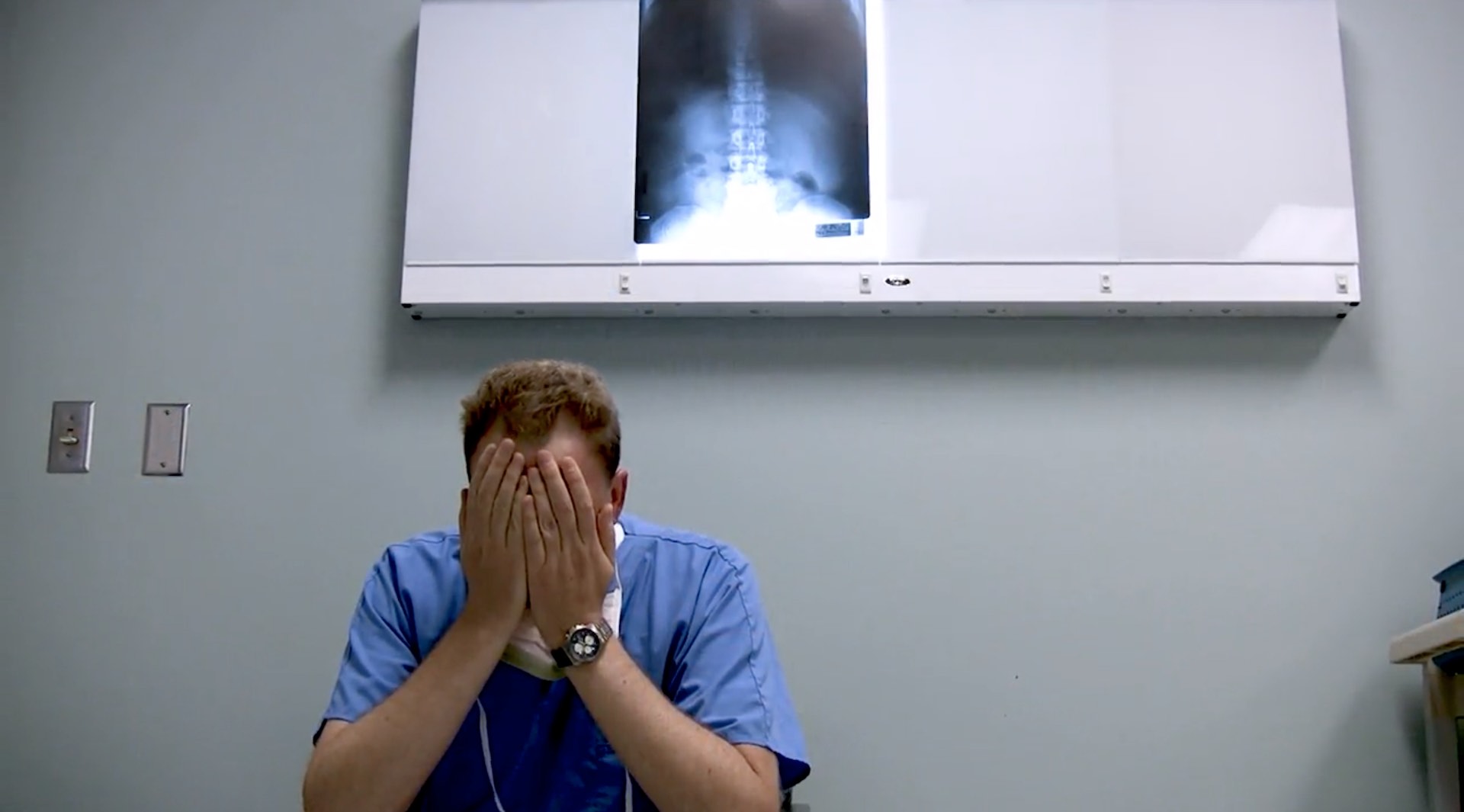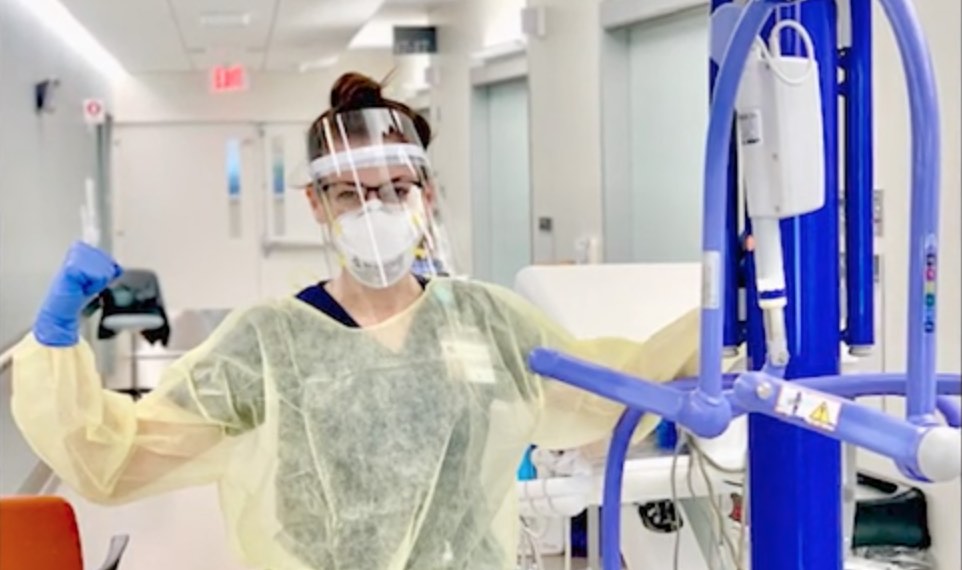NEW YORK (Reuters) – In older patients on warfarin therapy, treatment with cotrimoxazole significantly raises the risk of upper gastrointestinal tract hemorrhage, new research shows. The increased hemorrhage risk is considerably higher than with other commonly used antibiotics.
Compared with amoxicillin or ampicillin, for example, cotrimoxazole increased the risk of upper GI tract hemorrhage by almost three-fold, the researchers found.
“Our observations suggest that clinicians should consider antibiotics other than cotrimoxazole in patients receiving warfarin,” lead author Dr. Hadas D. Fischer of the University of Toronto and colleagues wrote in the April 12 issue of Archives of Internal Medicine.
“If alternatives are inappropriate, close monitoring of anticoagulation control is necessary, and temporary reductions in the dosage of warfarin may be required,” they said.
Cotrimoxazole and some other antibiotics commonly used to treat urinary tract infection inhibit the metabolism of warfarin and increase the risk of hemorrhage, the study team notes.
To investigate the risk of hemorrhage in older warfarin-treated patients taking various antibiotics, Dr. Fischer and colleagues conducted a 10-year population-based nested case-control study using data from various health care databases in Ontario.
From 1997 to 2007, 134,637 individuals aged 66 or older had received warfarin, including 2151 (the case patients) who were hospitalized for upper gastrointestinal tract hemorrhage. All case patients had been treated continuously for 180 days or longer with warfarin prior to hospitalization. For each case, the researchers selected up to 10 age- and sex-matched controls (n = 21,434) from the same cohort of warfarin-treated individuals.
Case patients with upper gastrointestinal tract hemorrhage were nearly four times more likely than controls to have received a prescription for cotrimoxazole within 14 days of hospitalization (adjusted odds ratio, 3.84), the investigators report.
Treatment with ciprofloxacin was associated with a “less dramatic” increase in the risk of upper GI tract hemorrhage (adjusted OR, 1.94). “This may be related to a heterogeneous patient population with a greater burden of illness, because ciprofloxacin is more commonly used for a wider variety of indications beyond UTI compared with the other antibiotics that were studied,” the researchers noted.
There was no significant association between amoxicillin or ampicillin (adjusted OR, 1.37), nitrofurantoin (adjusted OR, 1.40), or norfloxacin (adjusted OR, 0.38) with hospitalization for upper GI tract hemorrhage.
Reference:
Arch Intern Med 2010;170:617-621.









